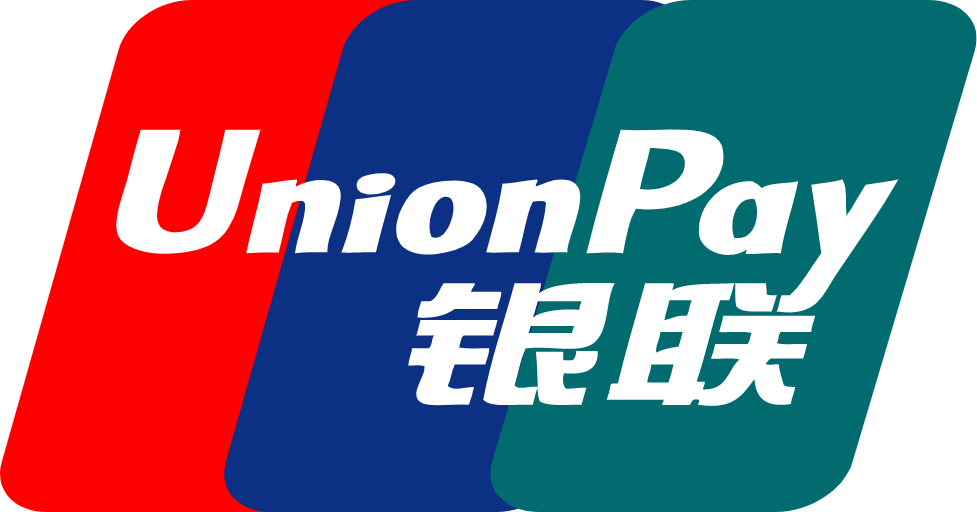If you’re involved in content creation, you’ve probably heard of Google’s E-E-A-T. It stands for Experience,
Expertise, Authority, and Trustworthiness — a set of criteria that Google uses to evaluate content quality.
While the concept seems straightforward, implementing it is far from simple. Ultimately,
these standards are about one thing: gaining users’ trust and making them believe your content is reliable.
Google’s job is to surface trustworthy, high-quality content that gives users the best possible answers.
E-E-A-T Is Essential in Sensitive Fields
E-E-A-T is especially crucial in sensitive areas like health and finance.
Think about it — when you’re looking up a medical treatment
wouldn’t you trust content written by a certified doctor more than random advice from an anonymous “netizen”?
Google thinks the same way. To protect users, it prioritizes high-quality, reliable content in search results.
For example:
In the health field, content signed by professionals or linked to authoritative medical institutions will rank higher.
In the financial sector, users will trust content that comes from established financial experts or firms.
Google’s mission is to protect users by promoting content that is credible and trustworthy.
If your website lacks E-E-A-T, it’s unlikely to rank well, especially in Your Money or Your Life (YMYL) topics.
E-E-A-T Is More Than Just an Algorithm Requirement
E-E-A-T isn’t just something you do to please Google’s algorithm.
It’s also about improving the quality of your content and building trust with your audience.
By following E-E-A-T principles, you’re not only meeting Google’s expectations — you’re also creating valuable content that users will come back to and share.
At its core, E-E-A-T is about user-first content. The better your content addresses users’ needs and answers their questions
the more Google will trust your site and reward you with better rankings.
So, if you want to succeed in SEO, stop focusing on tricks and hacks. Instead, invest in real expertise, credible sources,
and valuable content. That’s the key to long-term success in Google’s ever-evolving search landscape.










